Ageing is a wonderful privilege, and here at Go-To we adore crinkly eyes, laugh lines and expressive faces but we also understand the desire to age as gracefully (and glamorously) as possible.
Our skin throughout our life is exposed to elements like the sun, the environmental pollutants, toxins, and so much more. Our skin also loses those bounce-y, bright proteins; collagen and elastin as we age. These external and internal ageing factors etch themselves on our skin in the form of fine lines, wrinkles, dullness, hyperpigmentation, and a lack of bounce. Great, thanks!
If you’re looking for a small but mighty army of ingredients to combat ageing, here’s what we recommend incorporating into your skincare routine:
1. Retinol
Retinol, also known as vitamin a, is an all-star ingredient. It’s well-known in the skincare world as a Holy Grail ingredient because it just does so much. Originally discovered to treat acne, it was soon found to be an expert in fading hyperpigmentation, treating fine lines and wrinkles, and improving skin elasticity, tone, and bouncy-ness.
Although such a superstar, Retinol can be tricky to get right. It’s best to start slow, and gradually build your way up in frequency of use and then potency of the retinol. Otherwise, you’re at risk of damaging your moisture barrier, which is something you don’t ever want to do. Trust me. (Ahem, but if you do, this little guide will help.)
2. AHAs
AHAs or Alpha-Hydroxy-Acids exfoliate the skin, removing dead skin cells from the surface and stimulating skin cell turnover and collagen production. Our Exfoliating Swipeys are made from Lactic Acid, a gentle exfoliator, known to also have hydrating abilities. Other types of AHAs you may have come across are Glycolic, Mandelic, and Tartaric Acid. Pop an AHA into your cart if you’re experiencing dullness, fine lines and hyperpigmentation.
Like Retinol, there is such a thing as too much exfoliation. Once again, ease these into your routine slowly, and don’t use them the same night as your Retinol.
3. Peptides
A super common ingredient found in anti-ageing products are Peptides! Simply put, these work as the building blocks of our skin, aiding in the production of collagen and elastin. They’re also extremely popular as they’re unlikely to irritate the skin. Peptides are a must in your routine if you’re looking for plumper, juicier skin, and minimising fine lines and wrinkles. Like the name suggests, they’ll put more “pep!” in your skin.
You can find Peptides as a key ingredient in plenty of anti-ageing serums and creams. They’re fancy science and as such, usually on the pricier side.
4. Vitamin C
Vitamin c is a proven free radical defender, collagen stimulator and skin brightener - it’s a triple threat. Basically, if you’re looking for both short and long-term anti-ageing benefits, vitamin c is your gal.
In a seashell, vitamin c is a powerful antioxidant. This means it protects the skin from free radicals (think UV rays, environmental toxins, smoking), which wreak havoc on our skin and show themselves in the form of dullness, hyperpigmentation, loss of elasticity and that youthful springiness.
Best used in the mornings after cleansing, as your first serum! Keep an eye on your vitamin v as it can “go off” if not properly stored (keep out of sunlight, always), sealed and used within 3-6 months.
5. SPF
The sun, as dazzling and warm as it is here in Australia, is also the most well-known external ageing offender. It’s so important for ageing prevention to wear SPF each and every day.
When purchasing an SPF, look for one that protects from UVA and UVB. (Think UVA - ageing, and UVB - burning.) These angry UV rays cause unhelpful things like skin sagging, rough texture, hyperpigmentation, wrinkles, and dullness. As if that’s not enough, it also triggers your body to break down its own collagen. Rude! SPF works hard to block these angry rays and protect your skin.
The sooner you can implement a regular SPF into your routine the better (and the less you’ll be spending on skin care in the future!). Not to mention of course the crucial health and safety benefits SPF provides against skin cancers. Do you really need any more reason?! (No.) Liberally apply your SPF every day and reapply according to the specifics of the product you’re using. Please.
Any anti-ageing ingredients we’ve forgotten? Don’t be shy, let us know below!
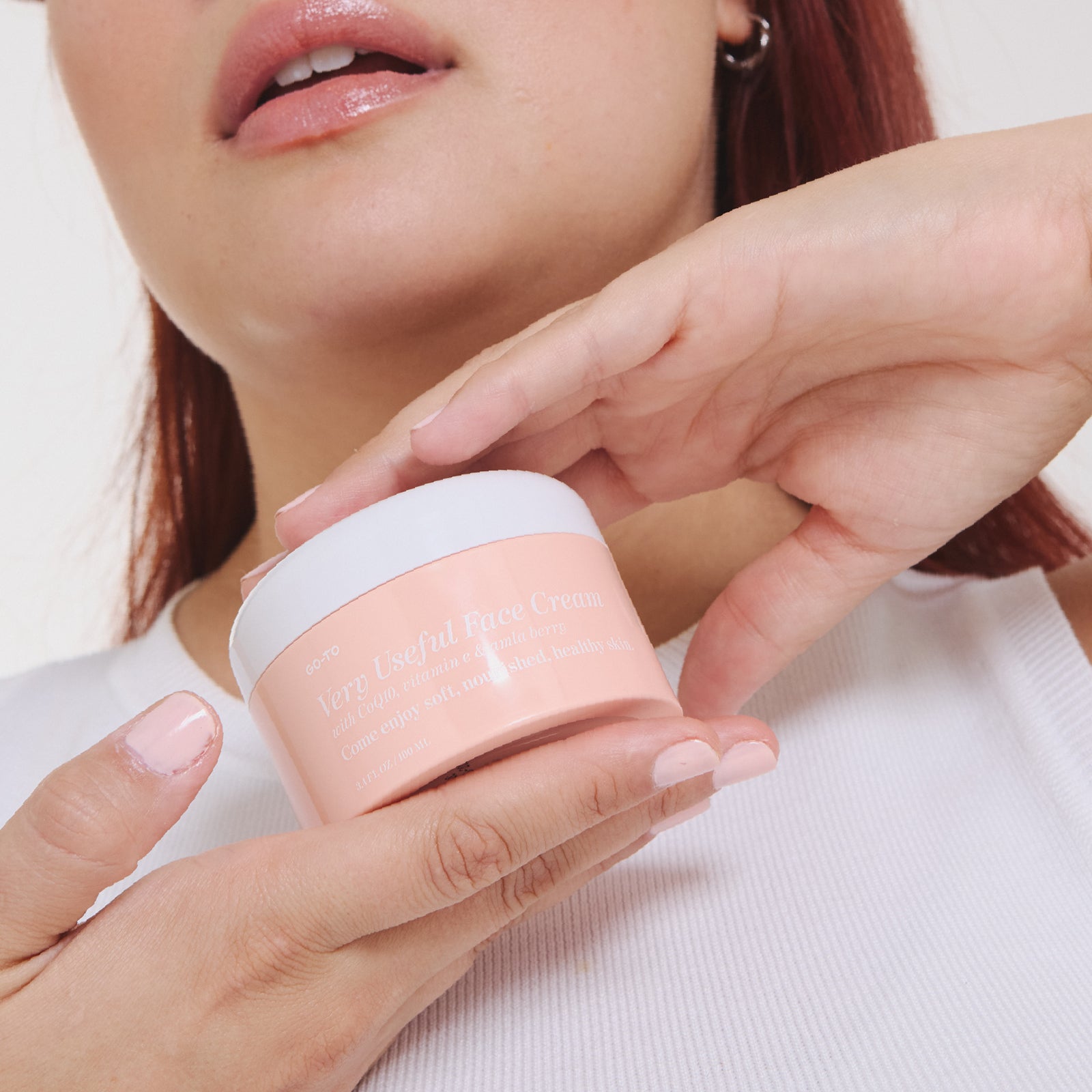




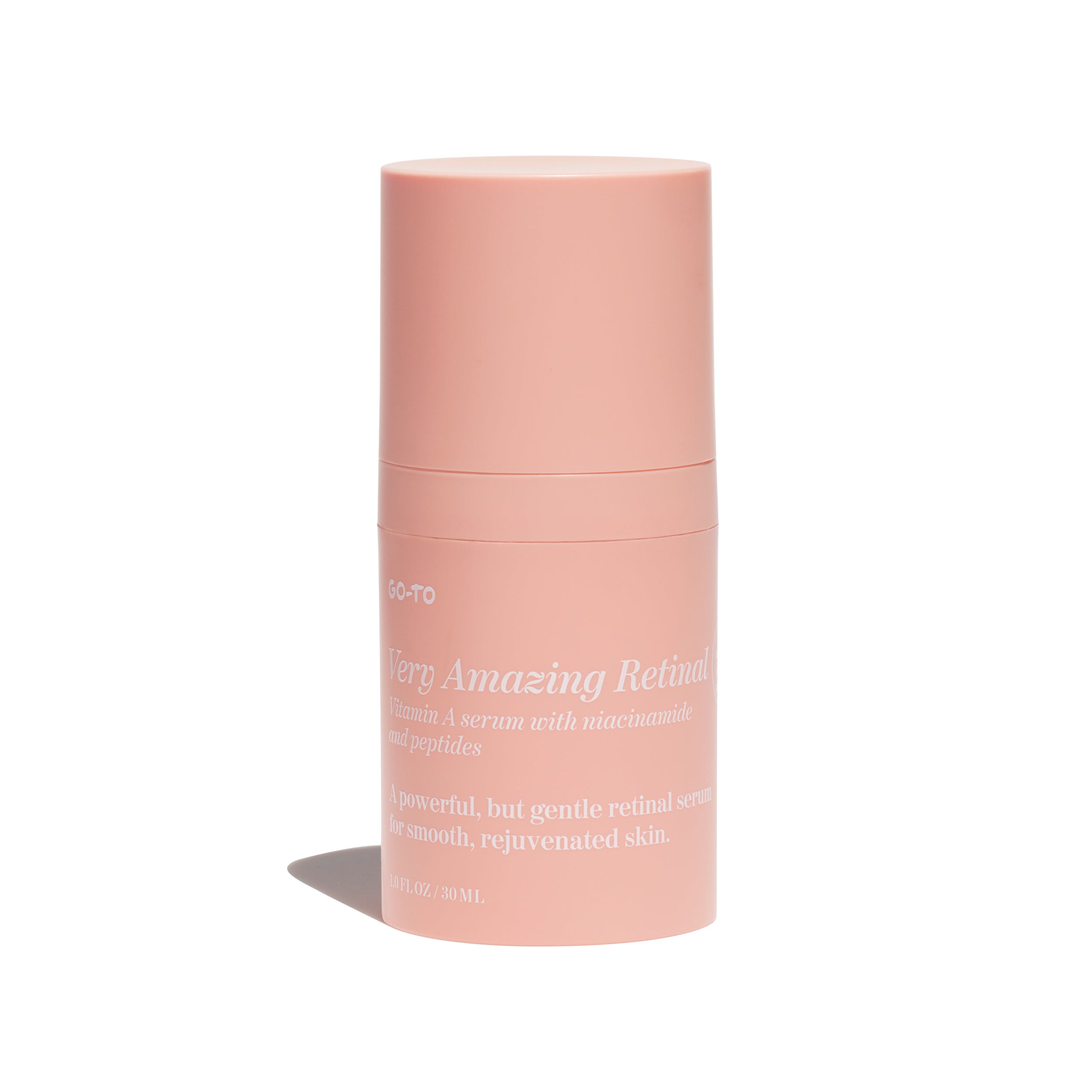

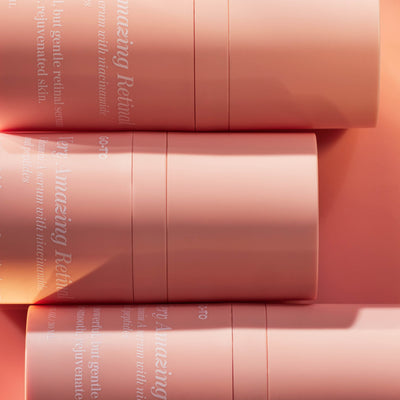
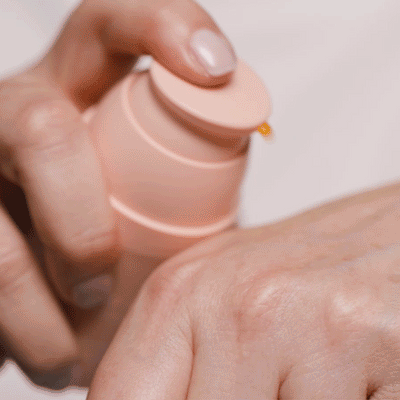


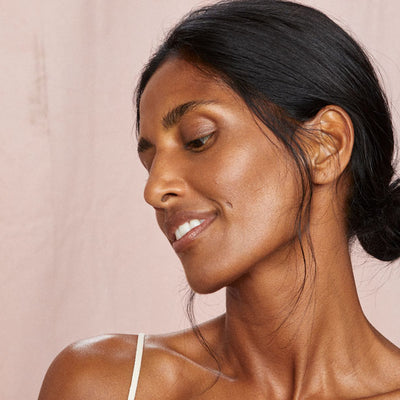
Comments